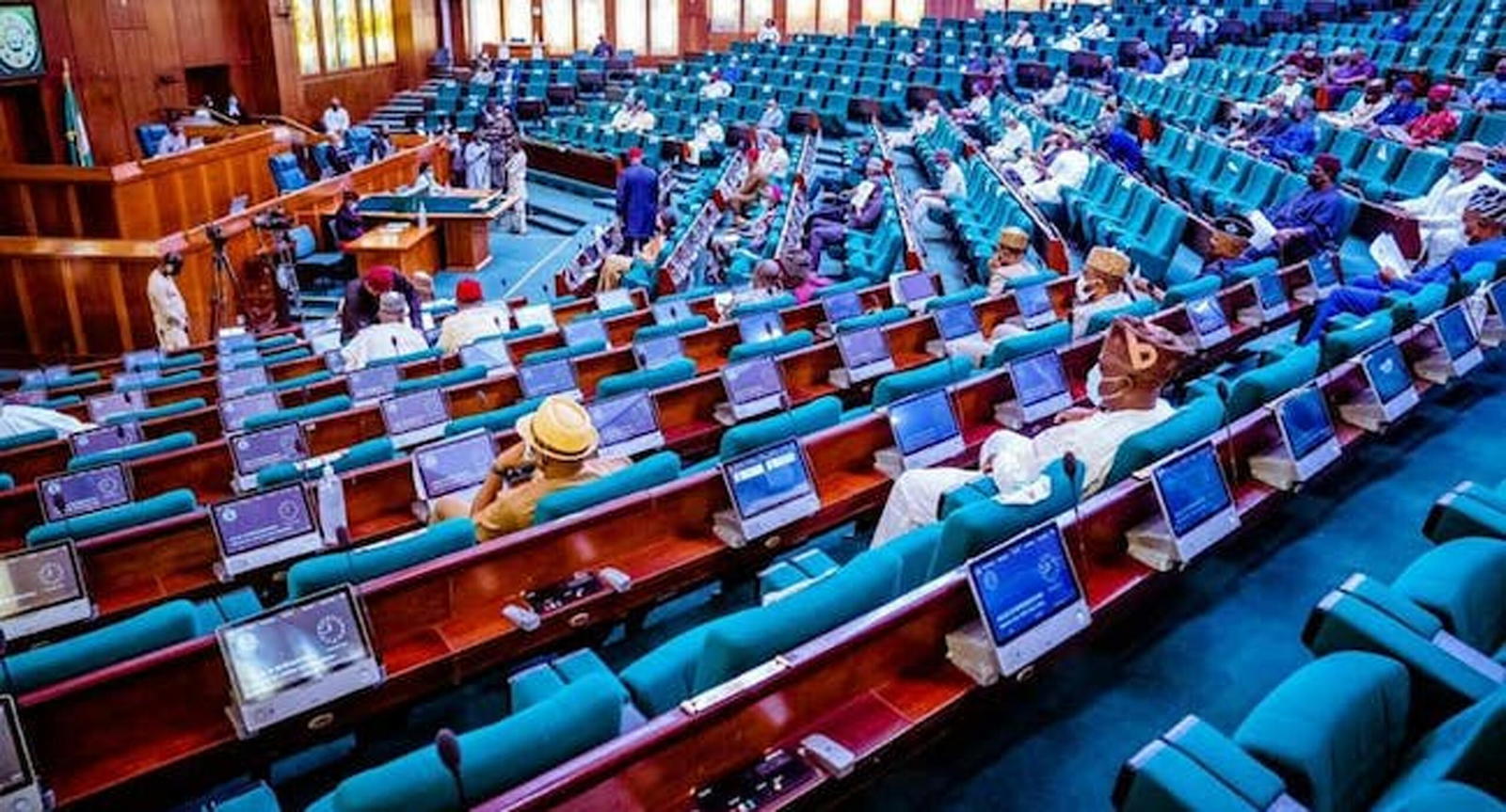Nigerian National Assembly Proposes Early Elections and Electronic Voting Ahead of 2027 | VIPPH

The Nigerian National Assembly has unveiled a comprehensive proposal to hold presidential and governorship elections in November 2026, strategically ahead of the 2027 general elections. This shift, part of draft amendments to the Electoral Act 2022, seeks to allow ample time for the resolution of election litigations before elected officials are sworn into office, enhancing governance stability and institutional efficiency.
According to the proposed Section 4(7), elections for the President and Governors must be conducted at least 185 days prior to the expiration of current officeholders' terms. The reform similarly affects federal and state legislative elections, ensuring that results and disputes are fully resolved before inauguration ceremonies. The proposal also reduces tribunal judgment periods from 180 to 90 days, while appellate and Supreme Court decisions are capped at 60 days each.
Stakeholders, including INEC representatives, strongly endorsed the inclusion of electronic voting and result transmission as mandatory measures. Section 60(5) mandates presiding officers to transmit results electronically and manually, with violations attracting a penalty of one-year imprisonment, a ₦1 million fine, or both. Early voting provisions are also introduced, allowing security personnel, INEC officials, journalists, and accredited observers to cast their votes up to 14 days before election day.
The joint committee further recommended moving election timelines from the Constitution to the Electoral Act to allow flexible adjustments for future elections. Stakeholders hailed the reforms as essential for improving electoral credibility, reducing post-election disputes, and fostering transparency across the electoral process.
